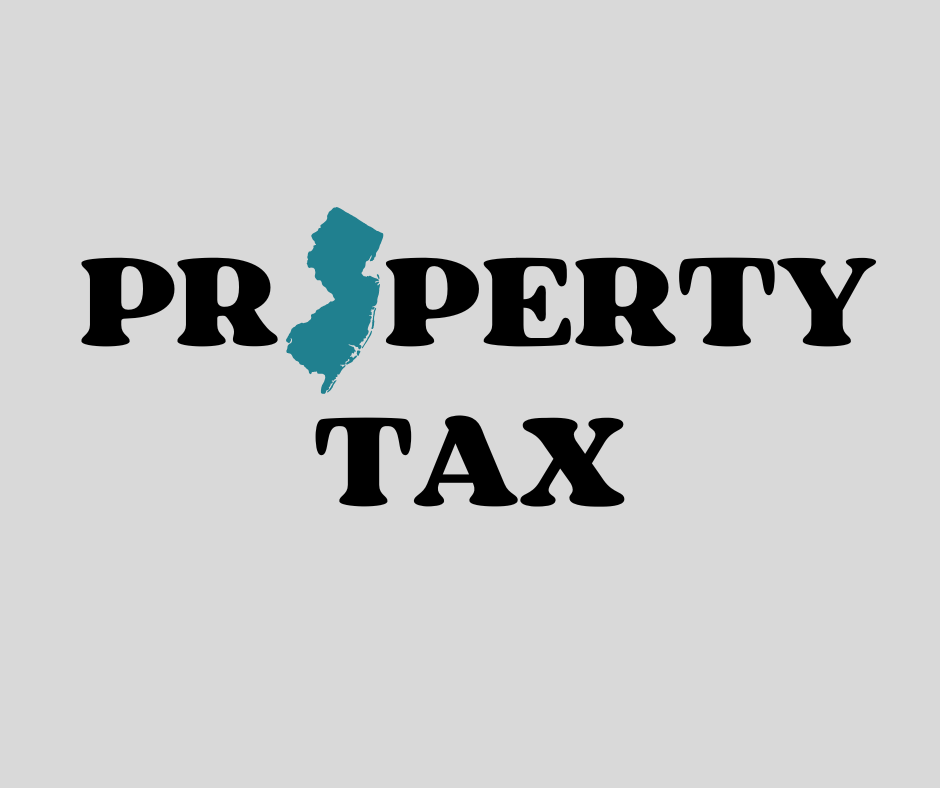If you live in the Garden State, you already know: New Jersey property taxes are some of the highest in the country. But do you know how those taxes are calculated — or what options you have if you think your bill is too high? Here’s a clear breakdown of how property taxes work in NJ, plus a few ways to make sure you’re not paying more than you should.
How Property Taxes Are Calculated in New Jersey
Property taxes in New Jersey are based on three main components:
- The Assessed Value of Your Home – This is determined by your local tax assessor and should represent your home’s fair market value as of October 1 of the previous year.
- The Local Tax Rate – Each municipality, county, and school district sets its own rate. The total rate is expressed in “dollars per $100 of assessed value.”
- Equalization Ratio – Because assessments aren’t updated every year, the state uses an equalization ratio to balance out differences between assessed and market values.
Example:
If your home is assessed at $400,000 and your local tax rate is 2.5%, your annual property tax bill would be about $10,000.
Where Your New Jersey Property Tax Dollars Go
It might not make paying them any easier, but understanding where your taxes go helps put things in perspective. On average, New Jersey property taxes are divided as follows:
- Schools: Roughly 52%
- Municipal services (police, roads, sanitation): Around 30%
- County taxes: About 18%
Each town’s breakdown will vary, but local schools are almost always the biggest slice of the pie.
How to Appeal Your New Jersey Property Tax Assessment
If you think your property’s assessed value is too high, you have the right to appeal. Here’s how:
- Review your property record card (available from your tax assessor’s office) for errors in square footage or lot size.
- Gather comparable sales from your neighborhood to support your claim.
- File an appeal by April 1 (or January 15 in towns with a revaluation).
Winning an appeal can reduce your tax burden for years, so it’s worth the effort if you suspect an overassessment.
Property Tax Relief and Exemptions in NJ
New Jersey offers several programs that can help homeowners save:
- Homestead Benefit (rebate on property taxes for eligible homeowners)
- Senior Freeze Program (locks in property taxes for qualifying seniors)
- Veterans and Disability Exemptions
You can check eligibility and apply through the New Jersey Division of Taxation website.
Final Thoughts
Property taxes are part of life in New Jersey, but with a little knowledge, you can make sure you’re paying only what’s fair.
If you’re curious about how property taxes might affect your next move, or you’d just like some guidance on understanding them better, I’m always happy to chat and share what I know about the local market.
Ready to buy a home or have questions about the process? Click here to request my Home Buyer’s Guide.
Or, let’s connect on social media. Click the icons to connect ⇒ ![]()
![]()

 Facebook
Facebook
 X
X
 Pinterest
Pinterest
 Copy Link
Copy Link



